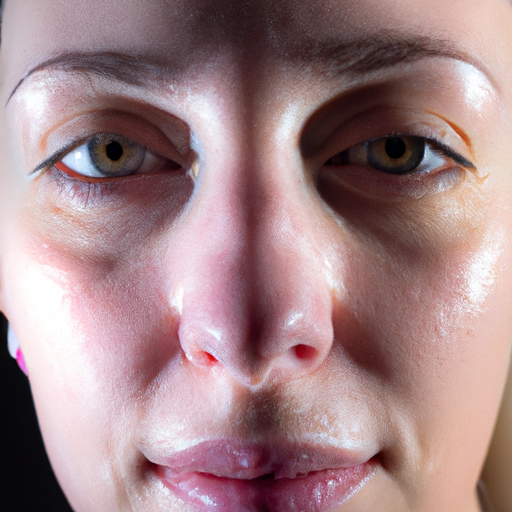Sensitive skin is a common condition that affects many people worldwide. Despite its prevalence, it remains shrouded in mystery, with the causes and symptoms varying widely among individuals. As an expert in dermatology, I will unmask the mysteries surrounding sensitive skin, providing a deep dive into its causes and symptoms.
Sensitive skin is not a disease but a condition or a reaction to certain triggers. It is characterized by an overreaction of the skin to factors that are generally tolerated by normal skin. These factors can be environmental, such as sun exposure, wind, heat, and cold; chemical, such as cosmetics, soaps, and detergents; or mechanical, such as friction or scratching.
The exact cause of sensitive skin is not fully understood. However, it is believed to be due to a combination of factors including genetic predisposition, environmental exposure, and lifestyle choices. One theory suggests that sensitive skin results from a defect in the skin’s natural barrier function. This barrier is responsible for keeping out harmful substances and retaining moisture. When it is compromised, irritants can penetrate the skin more easily, leading to inflammation and sensitivity.
Another theory points to an overactive immune response. In sensitive skin, the immune system may react excessively to triggers that are typically harmless, causing redness, itching, and other symptoms. This overreaction can be triggered by various factors such as allergens, irritants, stress, and hormonal changes.
The symptoms of sensitive skin are diverse and can range from mild to severe. The most common symptom is an unpleasant sensation on the skin, such as burning, stinging, tingling, or tightness. These sensations often occur immediately after applying a product to the skin or after exposure to a trigger.
Redness is another common symptom of sensitive skin. This can be localized to one area or spread across the face or body. The redness may be accompanied by small bumps or visible blood vessels.
Dryness and flaking are also common in sensitive skin. This is due to the impaired barrier function, which allows moisture to escape from the skin. In severe cases, the skin may crack and bleed.
Itching is another symptom that can be particularly bothersome. The itch-scratch cycle can exacerbate the sensitivity and lead to further damage to the skin barrier.
In conclusion, sensitive skin is a complex condition with diverse causes and symptoms. It is believed to result from a combination of an impaired skin barrier and an overactive immune response. The most common symptoms include unpleasant sensations, redness, dryness, and itching. Understanding these factors can help individuals manage their sensitive skin effectively. It is always recommended to consult with a dermatologist or a skincare expert if you suspect you have sensitive skin, to get a personalized skincare regimen that suits your needs.



